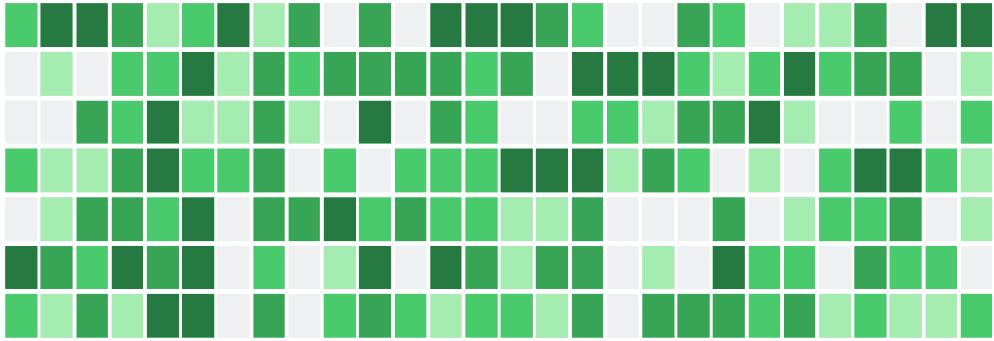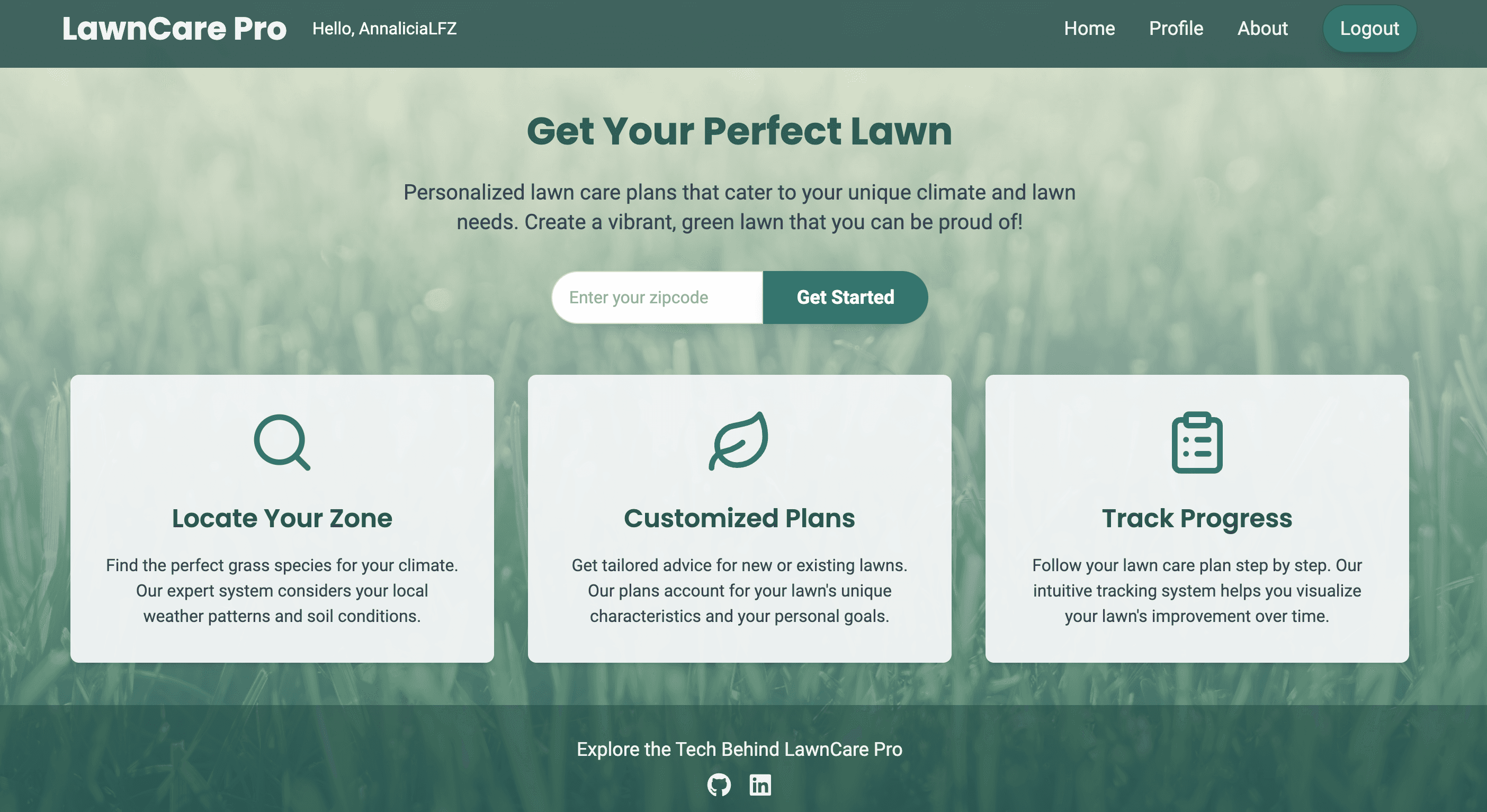How to Become a Web Developer in 2024
Our ever-increasing digital lifestyle is made possible by web developers, from the websites we shop at to the mobile apps that keep us informed, productive, and entertained. This intense dependence on the Internet has put web developers in high demand, and this demand is not even close to being met.
Why Are Web Developers In High Demand?
Web developers are in high demand due to the rapid growth of increasingly interactive websites, applications, and social networks that have exploded exponentially. Research shows that there will continue to be a nationwide shortage of web developers, and the demand for more web developers is more imperative than ever. This demand will translate to employer desperation, higher web developer salary, and fast job placement.
Web development has been an increasing career choice for several years, but the supply is not keeping up with the demand. "How to become a web developer" are frequently searched keywords on Internet search engines as the demand for more web developers increases.
What Does A Web Developer Do?
Everything that we see on websites, mobile apps, and social networks is driven by code; likewise, everything that a web developer does revolve around implementing design and function with code. Web developers write, manipulate, and debug this code into the interactive experiences we have come to rely on. Web developers use a mixture of programming languages and web technologies to implement new features, maintain functionality, and update security measures.
When choosing to become a web developer, there are three specialties to be aware of:
Front-end development - Also known as client-side development, front-end developers focus on the external and interactive side of the website. These components that a client interacts with are developed using programming languages and modules, such as HTML, CSS, and Javascript.
Back-end development - Back-end developers focus on the servers, applications, and databases that are unseen to the user, but crucial to the function of the website, using technologies such as Python, SQL, and PHP.
Full-stack development – Full-stack developers focus on both front-end and back-end development.
How to be a Web Developer
There are many pages and lists on the Internet on how to be a web developer that can be summarized in two steps, education and practice.
Education – Education plays a huge part in becoming a web developer, but there is not a specific formal degree map that exists. Self-taught programs, accelerated coding bootcamps, and online tutorials can often produce much more focused results than traditional degree programs. The learning and mastery of technical skills are paramount since employers are primarily interested in getting the job done quickly.
Practice – Becoming a web developer is about learning by doing, and doing a lot. Pushing out code is the best way to learn, and failing often is crucial to becoming proficient at debugging code. Creating an account at a source code hosting site like GitHub, Gitlab, or SourceForge is a great way to get your code out there, test it, and also attract prospective employers.
Basics Of Becoming A Web Developer
While deciding if becoming a web developer is the right move, some practical steps to explore are to learn the basics of HTML, CSS, and Javascript tutorials. These are the foundational tools used in making webpages and will give an aspiring developer a sample of what a web developer does.
HTML – Hypertext Markup Language is one of the primary tools used to build webpages by using a series of tags to build the basic skeleton of a page. HTML5 is the latest version which introduces new elements, attributes, and behaviors.
CSS – Cascading Style Sheets are referenced within the HTML to provide style to the overall structure. Purely HTML-designed pages are rather simple and boring, whereas CSS will elevate the overall look to something more engaging.
Javascript – An object oriented programming language is used to implement various features on a page. Javascript is used to create responsive, interactive elements, enhancing the user experience.
Beyond these basic tools, there are many more technologies involved in how to become a web developer, such as UI and UX, SQL, PHP, SEO, and responsive design. While all of these web development tools can be learned independently, by enrolling in a web developer bootcamp a beginner can put themselves in a more attractive hiring position because of the high demand of web developers.
Benefits Of Becoming A Web Developer
Becoming a web developer takes hard work and goal prioritization, which yields a career of rich benefits and rewards. Web development offers independence and a lifetime of opportunities because problem solvers will always be sought after in the tech industry. The benefits of becoming a web developer are:
Creative opportunities – Create and code websites from start to end with intuitive design, function, and UX.
Flexibility – Many, if not most, web developers are self-employed allowing them to work remotely, pick their schedule, and prioritize their life the way they want.
Accomplishment – Watch your fully functional and designed application become active, draw attention, and be enjoyed by potentially thousands or even millions of people.
The pay – With web developer salaries starting between $50,000 to $70,000 per year and over $100,000 at the high end, you'd be hard-pressed to find a better-paying ticket into the tech industry.
Great security – With demand for more websites and applications continually increasing, a web development career will continue to be hot for many years to come.
The Future of Web Development is Wide Open
The most important thing to do to become a web developer is to get started. The future of web development is incredibly bright because the demand for more web developers is still increasing. Just as the Internet has evolved exponentially, the demand for startup developers to create tomorrow’s content is also growing, and with it, the earning potential for a rewarding career.
Additional Resources
You might like these

December 5, 2024
Here’s why those little green squares on GitHub matter, how they can impact your growth as a programmer, and how LearningFuze can help you get them.

December 11, 2024
Essential LinkedIn tips for junior developers: Boost your profile, leverage endorsements, and network effectively for career success in tech!

February 26, 2024
Discover the skyrocketing demand for web developers — rarn high salaries, enjoy creative freedom, and secure your future in the booming tech industry.





